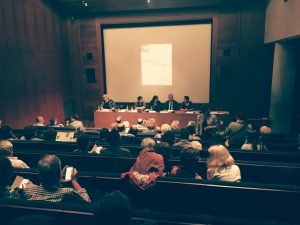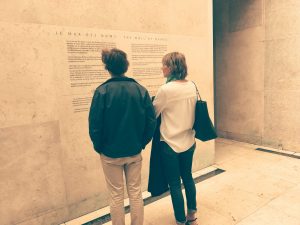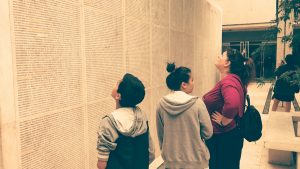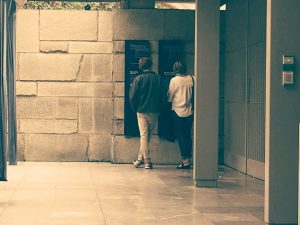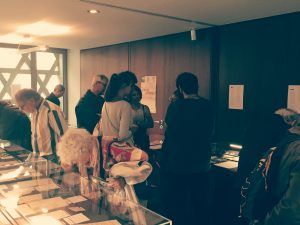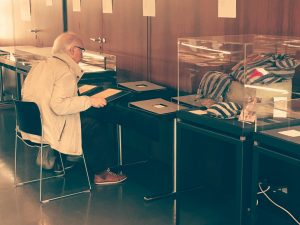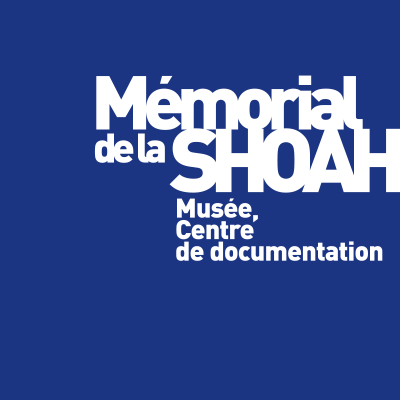A beautiful heritage day at the Memorial!
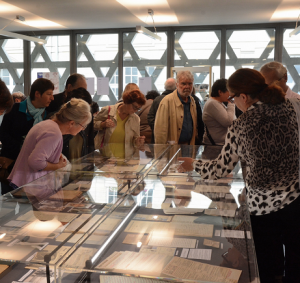
© Michel Isaac
This year, the Mémorial de la Shoah in Paris has chosen Sunday, 18 September, as the European Heritage Day in France, to present to the public part of its national collection "Confiez-nous vos archives" carried out over two years by documentalists from the institution, in partnership with the Passerelles service of the United Jewish Social Fund (FSJU) and thus exhibit the most remarkable pieces acquired during this tour throughout France.
Many of you came this Sunday, September 18 to see these objects, photos and unpublished documents, such as this dress in very good condition with its yellow star collected in Lille, an armband and a badge worn by a nurse from the Vel d'Hiv collected in Tours or even this magnificent violin of a deportee from Auschwitz assigned to the camp’s orchestra, collected in Angers. Followed by a meeting in the Memorial auditorium to review the collection in the presence of Andrée Katz, director of the FSJU’s Gateways department, and witnesses and donors Laure Quinones, Alain Aisene and Frédérique Gilles, of Professor Anne Grynberg and Céline Simon, psychoanalyst.
As explained by Lior Lalieu-Smadja, head of the Memorial’s photo library and in charge of collecting for the journalists of Rue89: «It is an infinite work, which can only come from families, and also from the departmental archives (...) there is a form of urgency, because we are losing all that: it is the end of the first generation, the one born before the end of the war. That’s why we try to convince people to give their documents, and in any case we scan them or photograph the objects.”
Relive this beautiful day in photos!
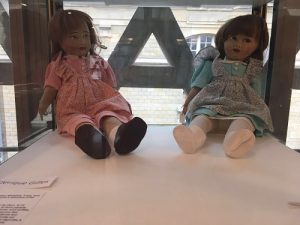
© Michel Isaac
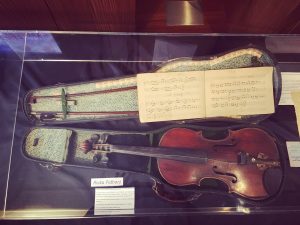
© Michel Isaac
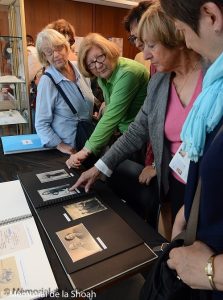
© Michel Isaac
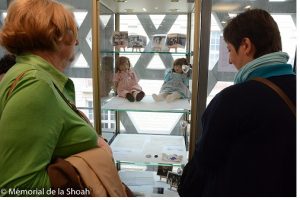
© Michel Isaac
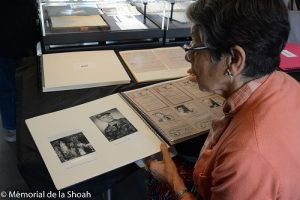
© Michel Isaac
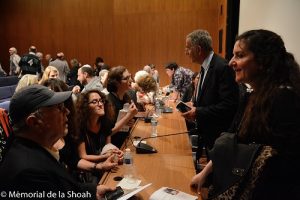
© Michel Isaac
